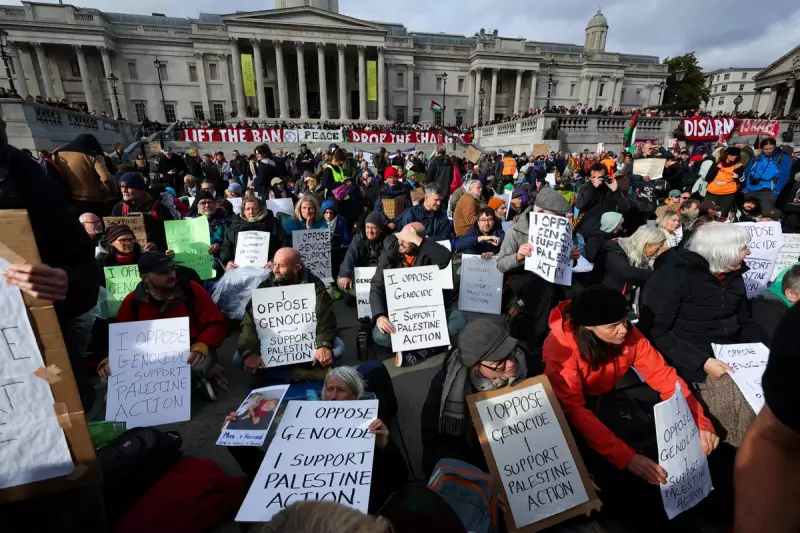
British police have been handed significant new authority to restrict protests before they cause disruption, in a move that's raising alarm among civil liberties advocates. The enhanced powers come as Palestine Action and other activist groups continue their campaign of demonstrations across the country.
What the New Powers Allow
Under the updated legislation, officers no longer need to wait for protests to become disruptive before taking action. They can now impose pre-emptive conditions on demonstrations if they believe they're likely to cause serious disruption to community life.
The changes represent a substantial shift in policing strategy, allowing intervention at a much earlier stage than previously permitted. Police can now consider the total impact of multiple protests in an area, rather than assessing each event in isolation.
Government Justification
Home Office ministers argue these measures are necessary to protect the public from the "unacceptable disruption" caused by some protest groups. A government spokesperson stated the powers provide police with the "necessary tools to maintain public order" while balancing the right to peaceful protest.
The move follows months of sustained action by groups like Palestine Action, which has targeted government buildings, defence contractors, and other sites linked to Israeli interests.
Civil Liberties Concerns
Human rights organisations and legal experts have expressed deep concern about the potential impact on democratic rights. Critics argue the vague definition of "serious disruption" could lead to disproportionate restrictions on legitimate protest.
One civil liberties campaigner warned: "These powers risk criminalising peaceful protest before it even begins. The threshold for police intervention has been lowered dramatically."
Practical Implications for Protesters
The changes mean that:
- Police can now act before any disruption occurs
- Organisers may face stricter conditions on protest locations and durations
- The cumulative impact of multiple demonstrations can be considered
- Officers have broader discretion to prevent anticipated disruption
As protest movements continue to evolve, these new powers are likely to face legal challenges and ongoing scrutiny from human rights monitors.






